Serve up Success with AI Conversations for Foodtech Industry
Revamp support for food tech customers to deliver delightful experiences with generative AI-powered conversation automation.
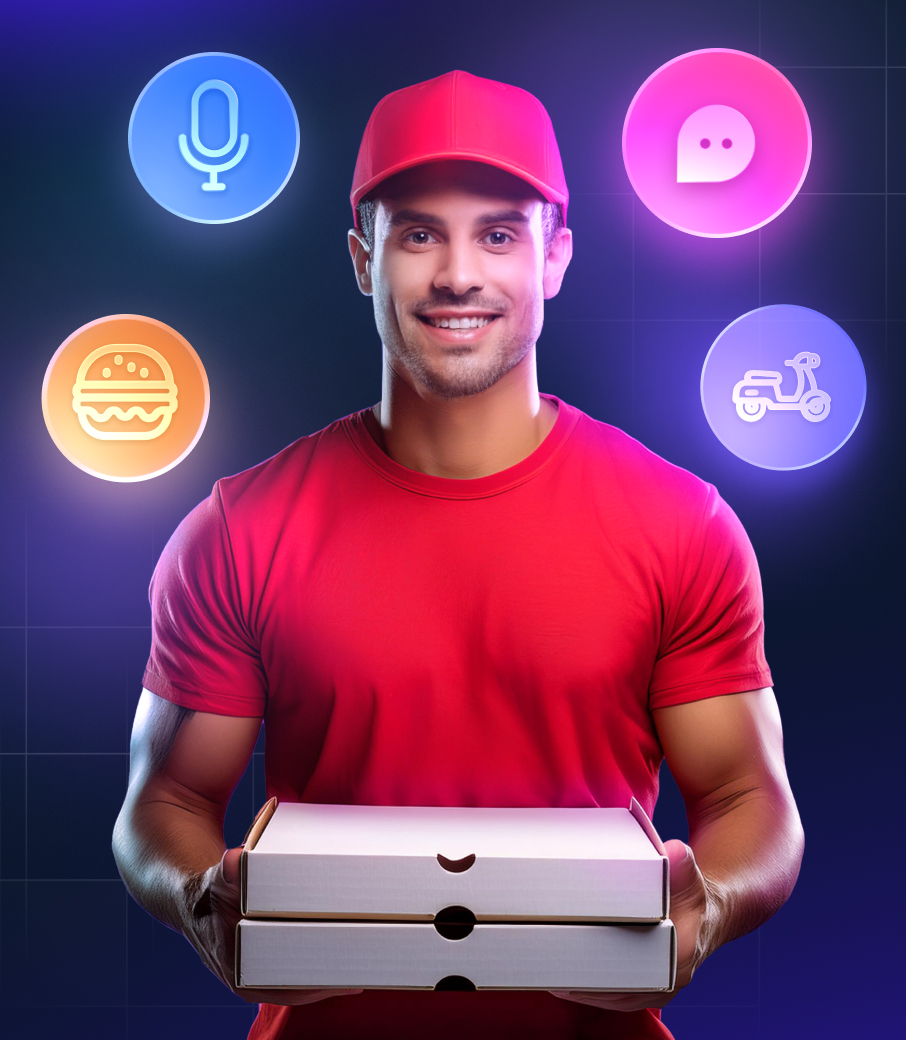
Fostering success for 500+ customers








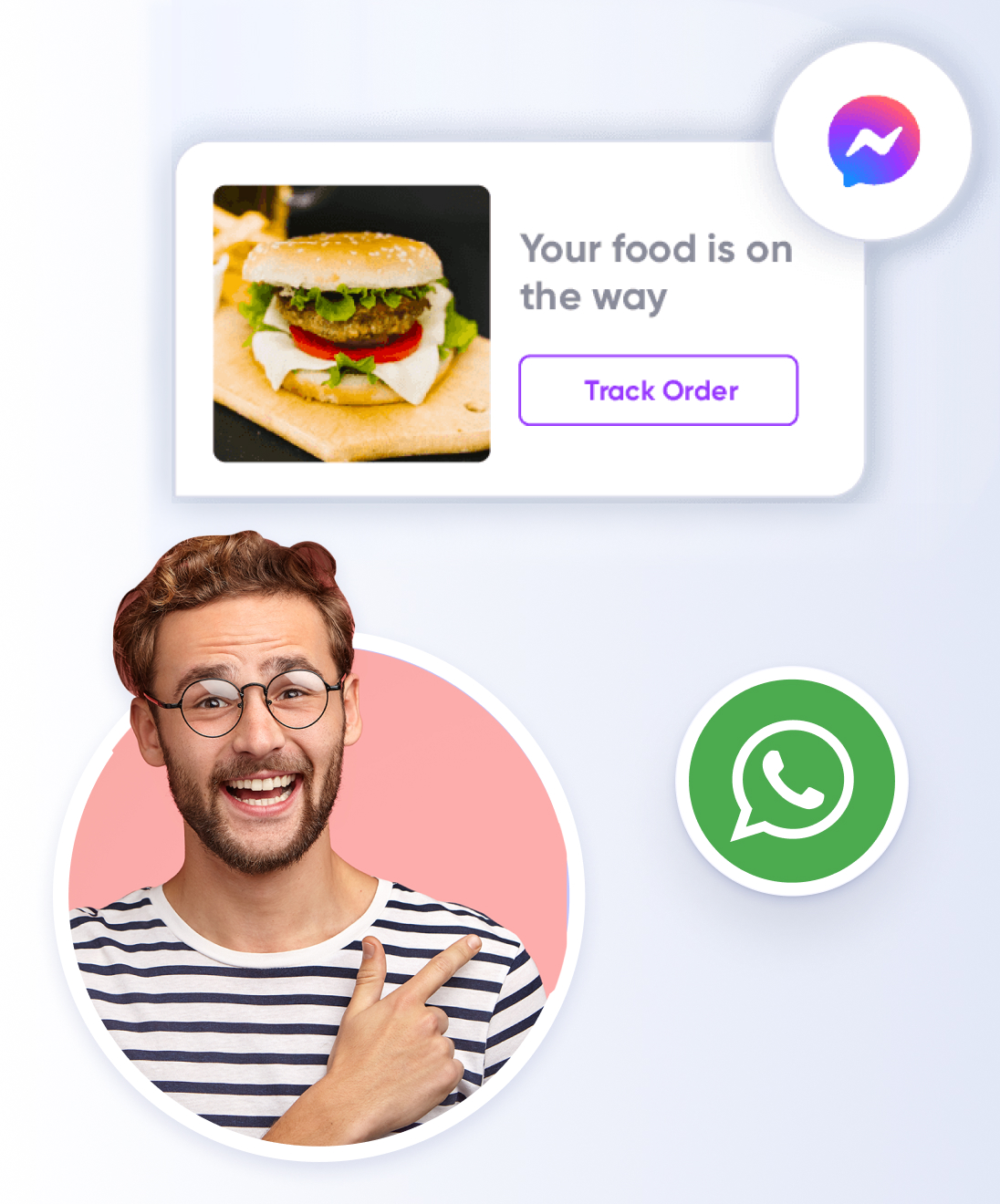
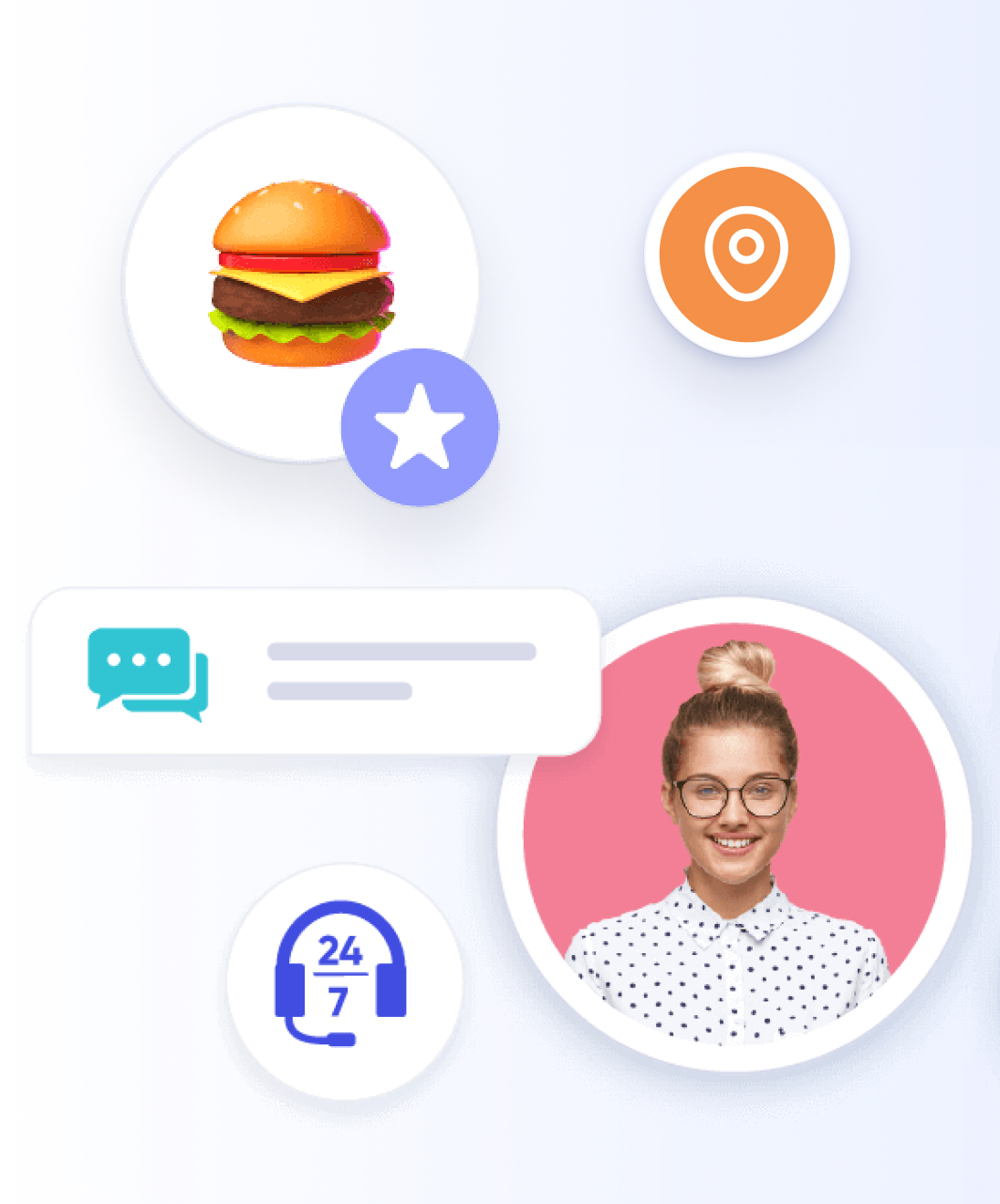

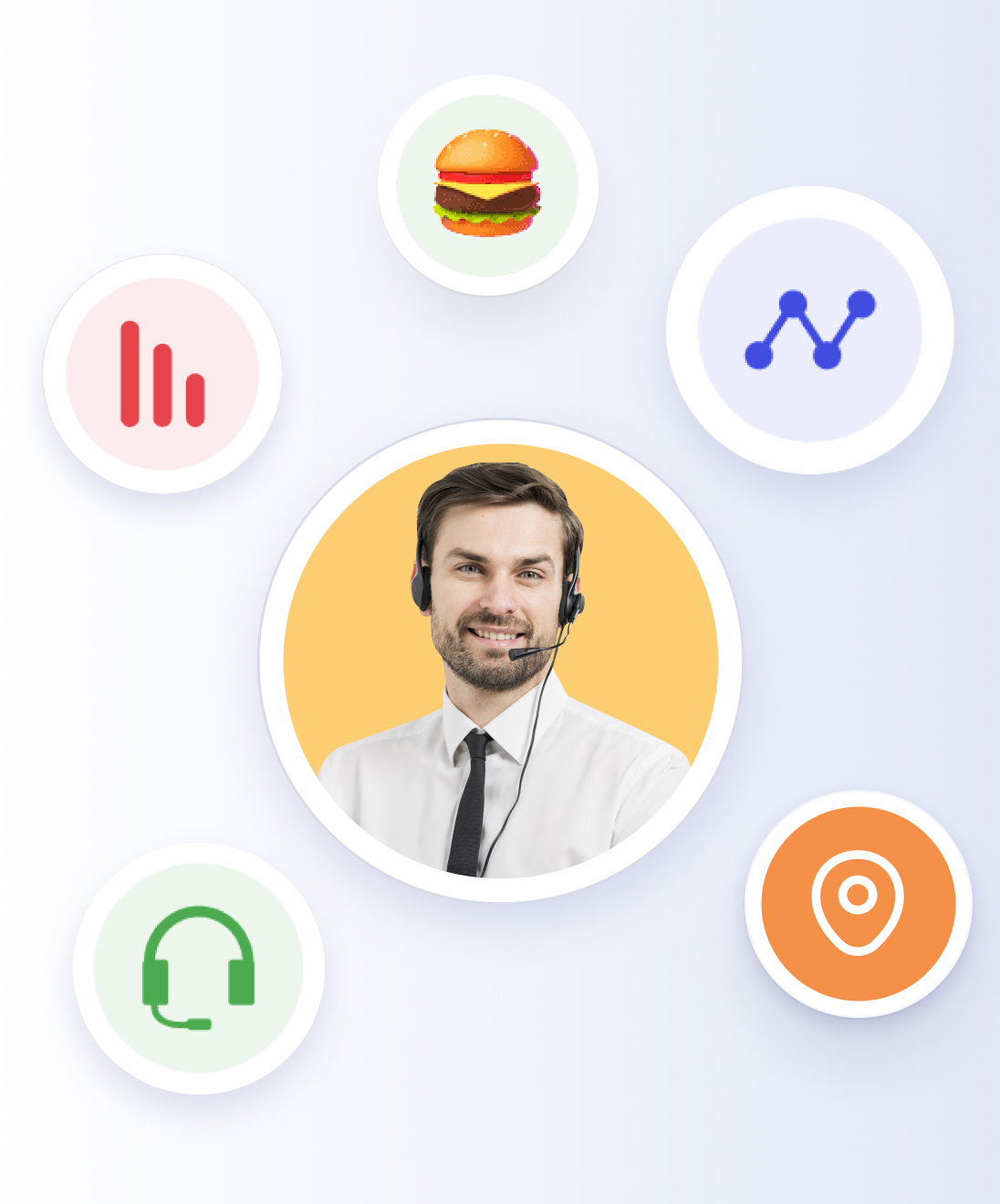

Utilise generative AI-powered chatbot and voice AI solutions to automate and personalise customer engagement, reducing agent workload by 60% and operational costs by 30% while maximising customer satisfaction.

Deliver multi-channel support; engage customers where they are, powered by AI-driven insights for exceptional service anytime, anywhere.

Develop automated, personalised, meaningful conversation flow. Generative AI support for agents and integrations to empower agents with deep customer insights for meaningful interactions.

Craft Seamless, meaningful campaigns that improve the conversion rate by 35%. Proactive outreach, personalised messaging, and tailored campaigns. It’s more than a transaction; it’s relationship-building.

Identify customer trends, analyse agent efficiency, and allocate resources in real time. Custom dashboards empower teams for targeted customer engagement.
Elevating Foodtech Conversations with Verloop.io's Conversational AI
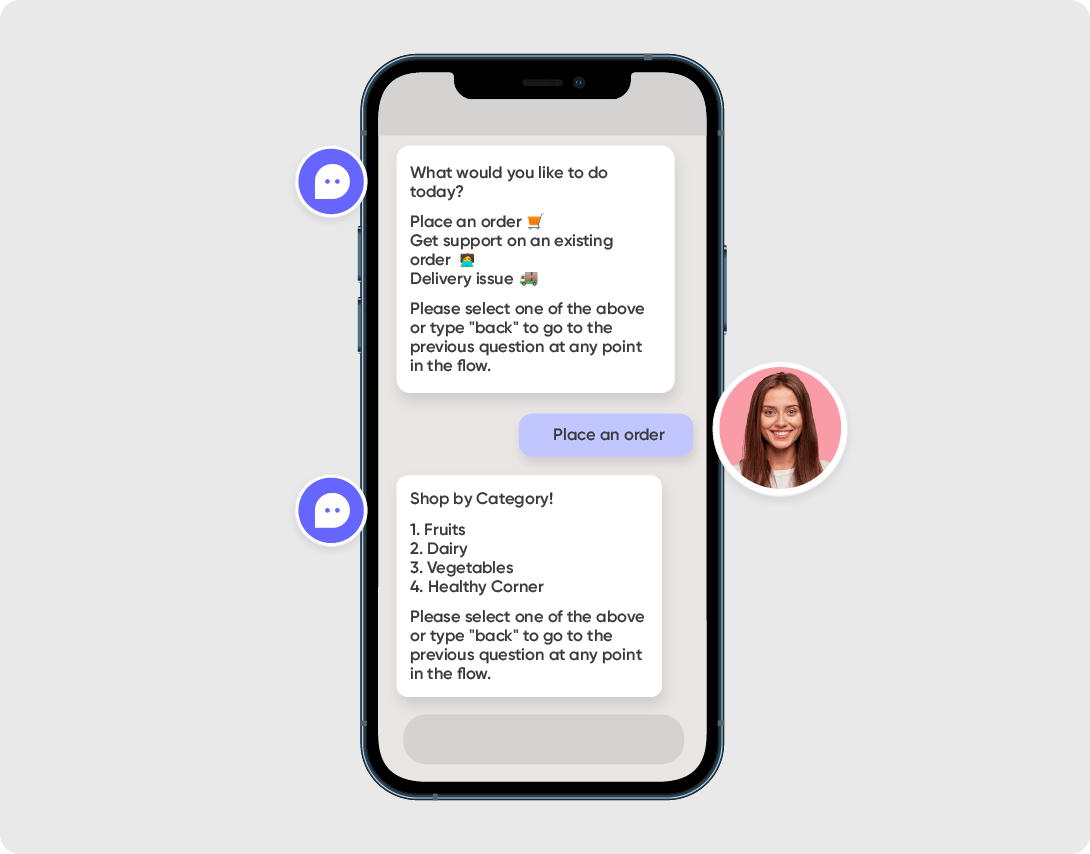
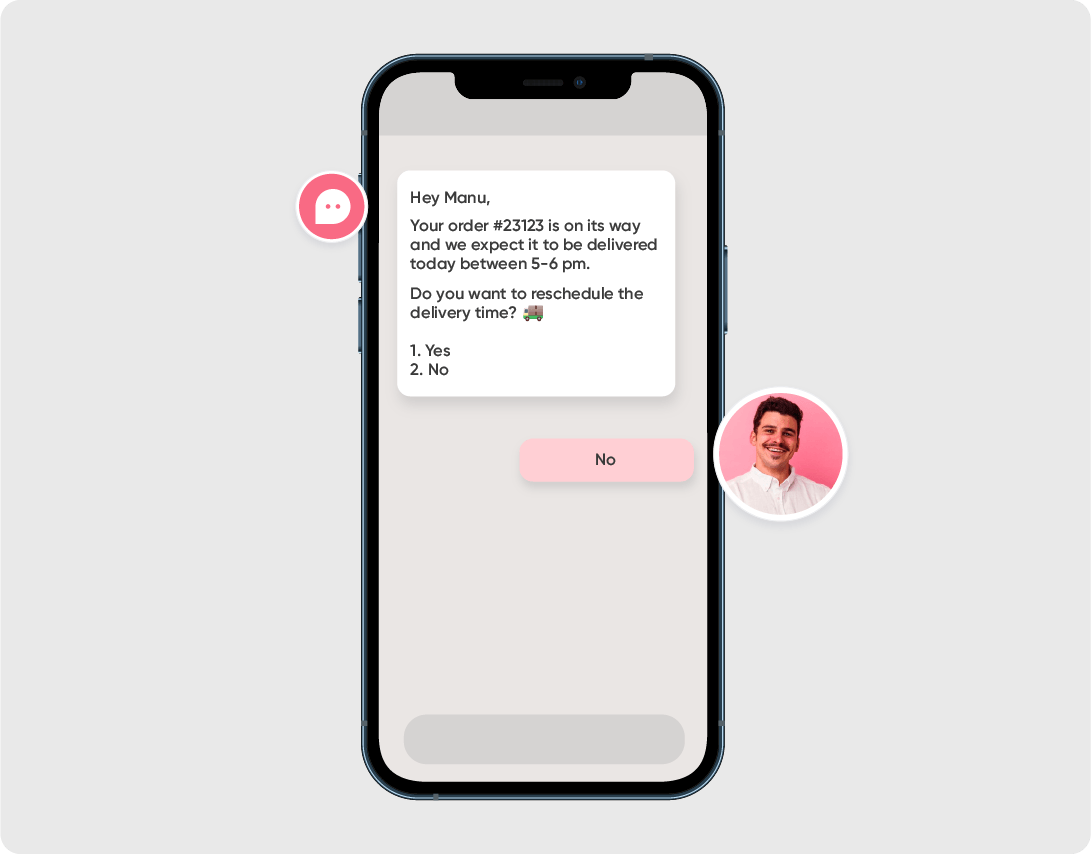
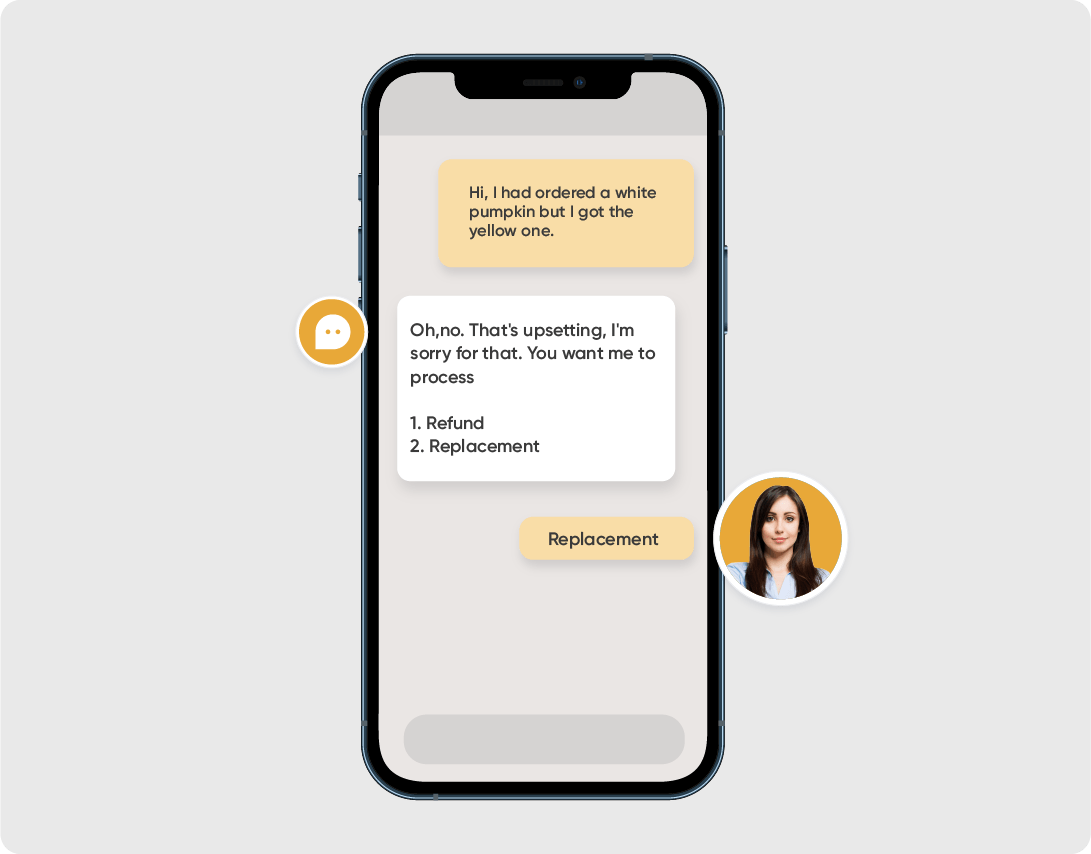
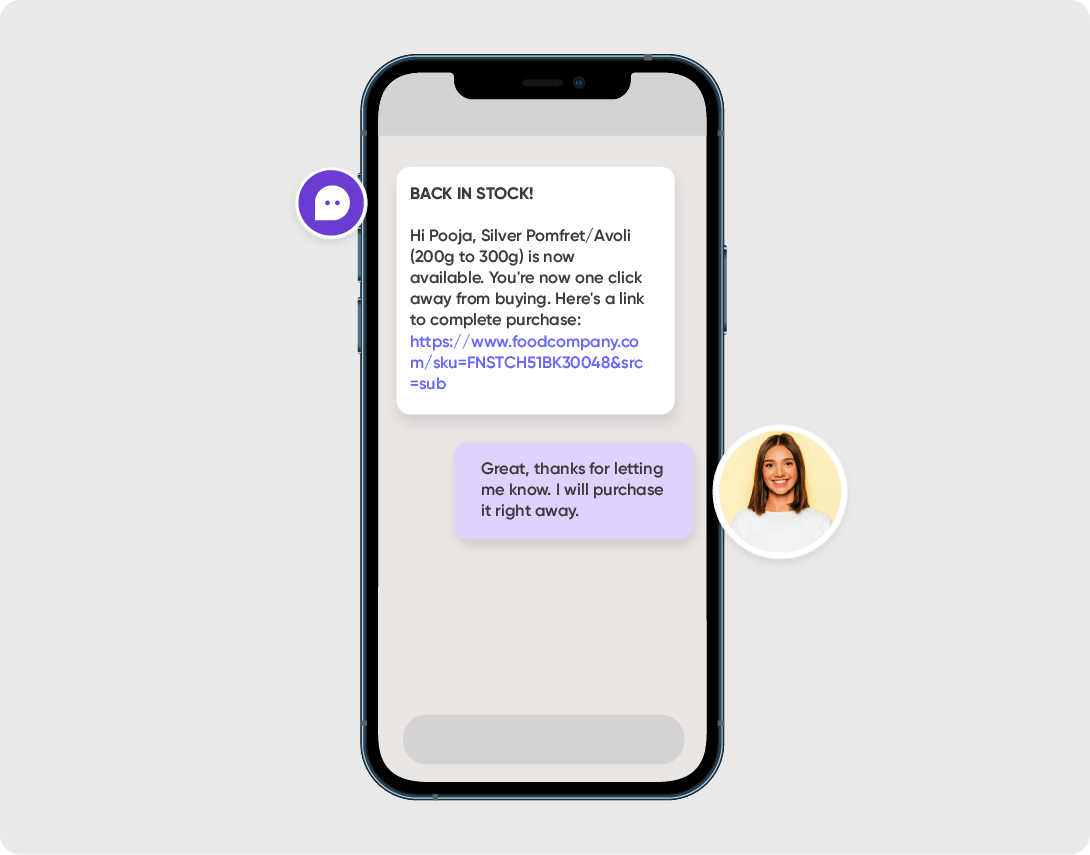

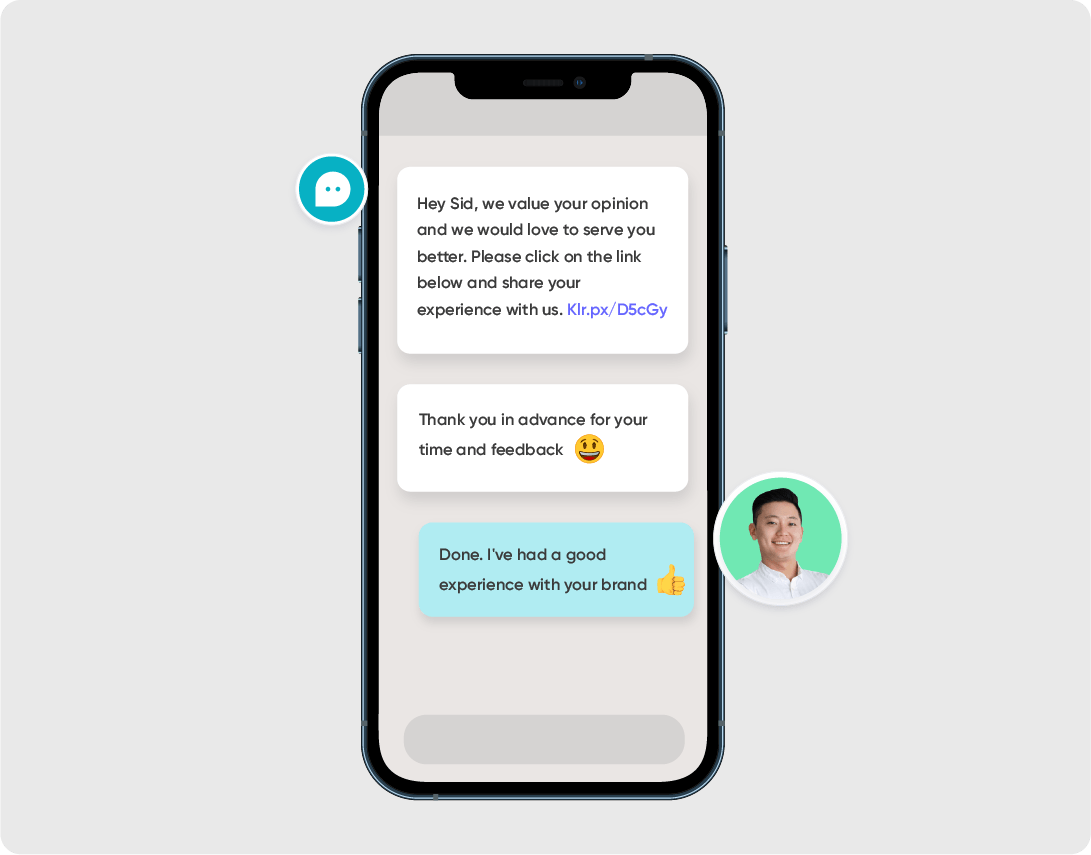






Driving Support Efficiency for 500+ Brands Globally
How will your business benefit?
Amplify Bookings
Craft personalised itineraries, automate booking, and offer real-time assistance to improve customer retention by 60%.
Efficient Care
Reduce costs by 30% through automated support. Reduce response and resolution time by 80% to enhance customer experience.
Outreach
Connect in multiple languages and platforms, expanding brand presence. Deliver a multilingual support to your customers.
What is cooking in Verloop.io?
Gain insights on how we are helping brands improve their efficiency and productivity.
Frequently asked questions
Verloop.io’s AI Agents can automate order status updates, delivery tracking, refund processing, and feedback collection, reducing customer wait time and improving satisfaction—especially during peak hours.
Yes. Verloop.io’s Voice AI Agent can answer calls, understand natural language, resolve common issues (like late orders or address changes), and even escalate to a live agent if required.
AI Agents on Verloop.io run round-the-clock on chat and voice, helping businesses handle order queries, support requests, and marketing campaigns—even during non-operational hours or high-traffic events.
Absolutely. Verloop.io integrates with popular POS systems, CRMs, and delivery partner APIs, enabling real-time updates on orders, inventory, and delivery timelines—all inside the support conversation.
Using customer data, Verloop.io’s AI Agents can recommend combo upgrades, loyalty discounts, or new menu items—driving higher AOV (Average Order Value) with contextual promotions over WhatsApp or chat.
By automating 60–80% of repetitive queries, FoodTech businesses using Verloop.io have seen lower support costs, reduced agent burnout, and faster resolution times, especially during high-demand campaigns and festivals.









ChatBanking is a step in the direction of ADIB's overall vision of ensuring customers can bank anywhere, anytime, in the language of their choice without any hassles.
Siraj Patel CTO, ADIB